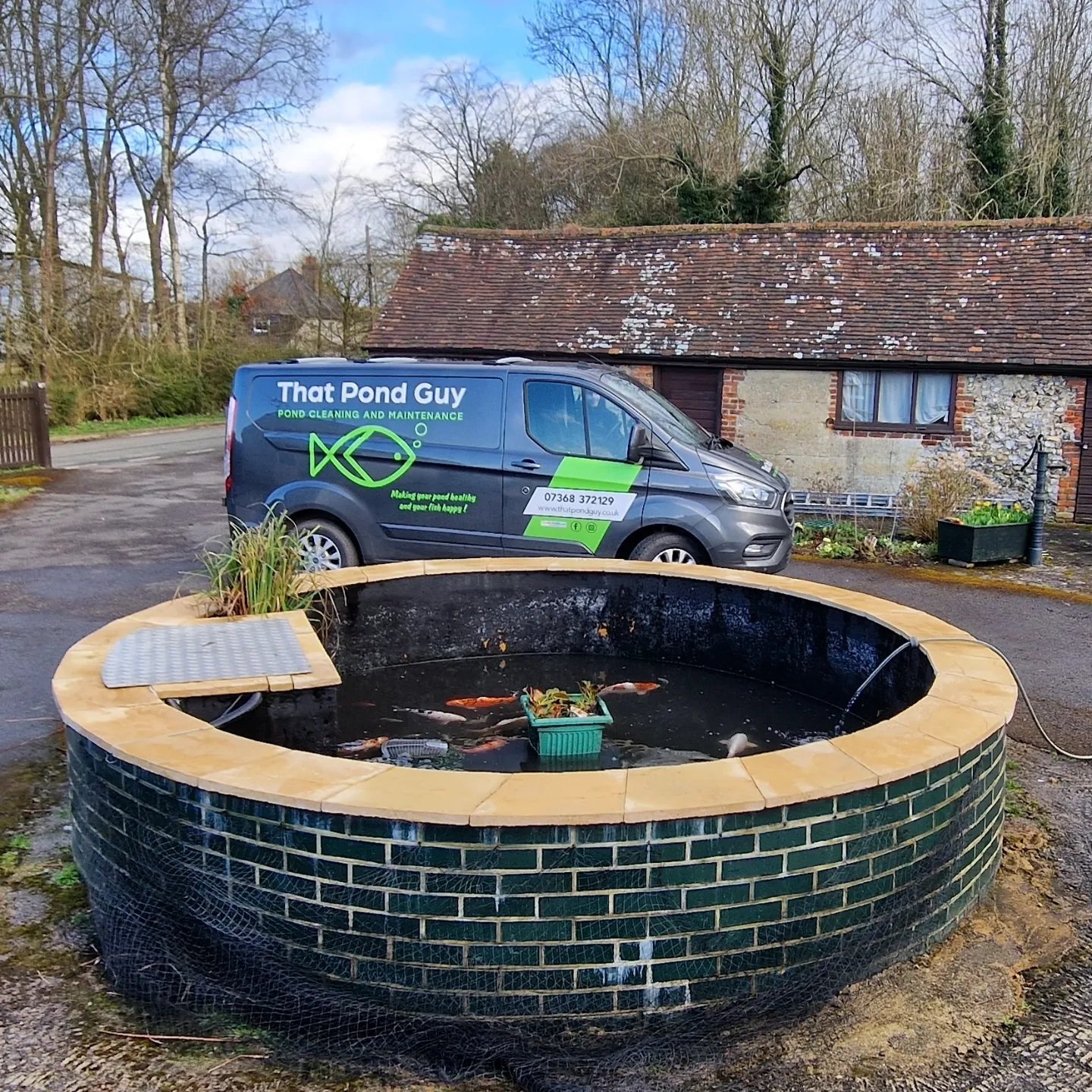
Unlocking the Beauty of Your Koi Pond: Solutions to Common Challenges
Problem 6: pH Fluctuations
Issue: Fluctuating pH levels can stress koi and negatively impact their health.
Solution: Regularly monitor and adjust pH levels as needed. Use pH stabilizers to maintain a consistent and suitable pH for your koi.
Problem 7: Temperature Extremes
Issue: Drastic temperature fluctuations, especially in extreme weather conditions, can be detrimental to koi health.
Solution: Install a pond heater to regulate temperatures and prevent extremes. Provide shaded areas or shelters to shield koi from intense sunlight during hot periods.
Problem 8: Poor Nutrition
Issue: Inadequate or improper nutrition can lead to health issues in koi, affecting their growth and vitality.
Solution: Choose high-quality koi pellets and provide a balanced diet. Supplement their diet with occasional treats like fruits and vegetables. Adjust feeding amounts based on the size and needs of your fish.
Problem 9: Equipment Malfunctions
Issue: Mechanical failures or malfunctions of pond equipment can disrupt the overall balance of the ecosystem.
Solution: Regularly inspect and maintain pumps, filters, and other equipment. Replace worn-out parts promptly, and have a backup power source in case of electrical failures.
By staying vigilant and addressing these potential challenges, you can create a thriving and harmonious environment for your koi pond, ensuring the longevity and well-being of your prized fish.
Matthew Adlington





